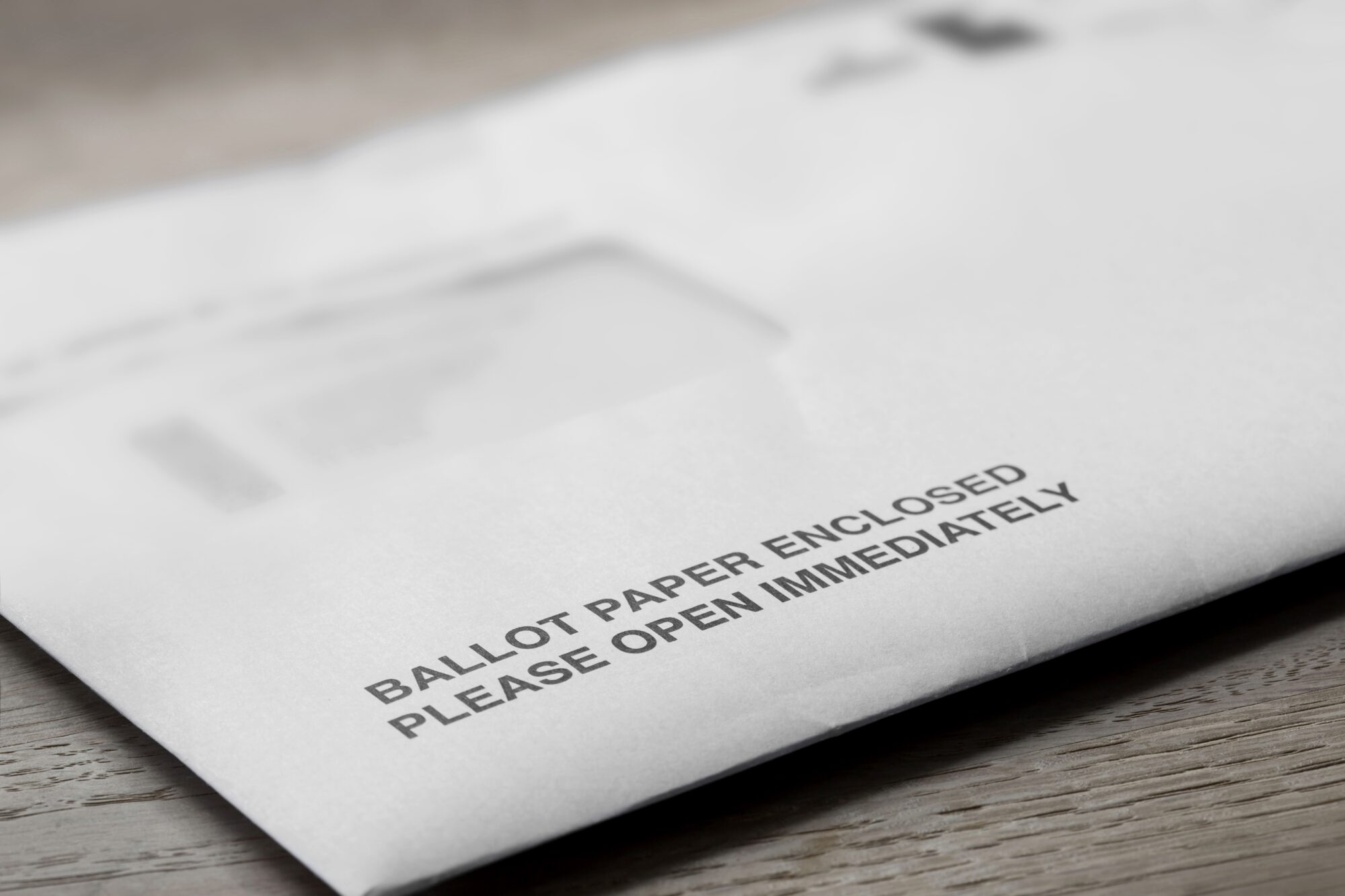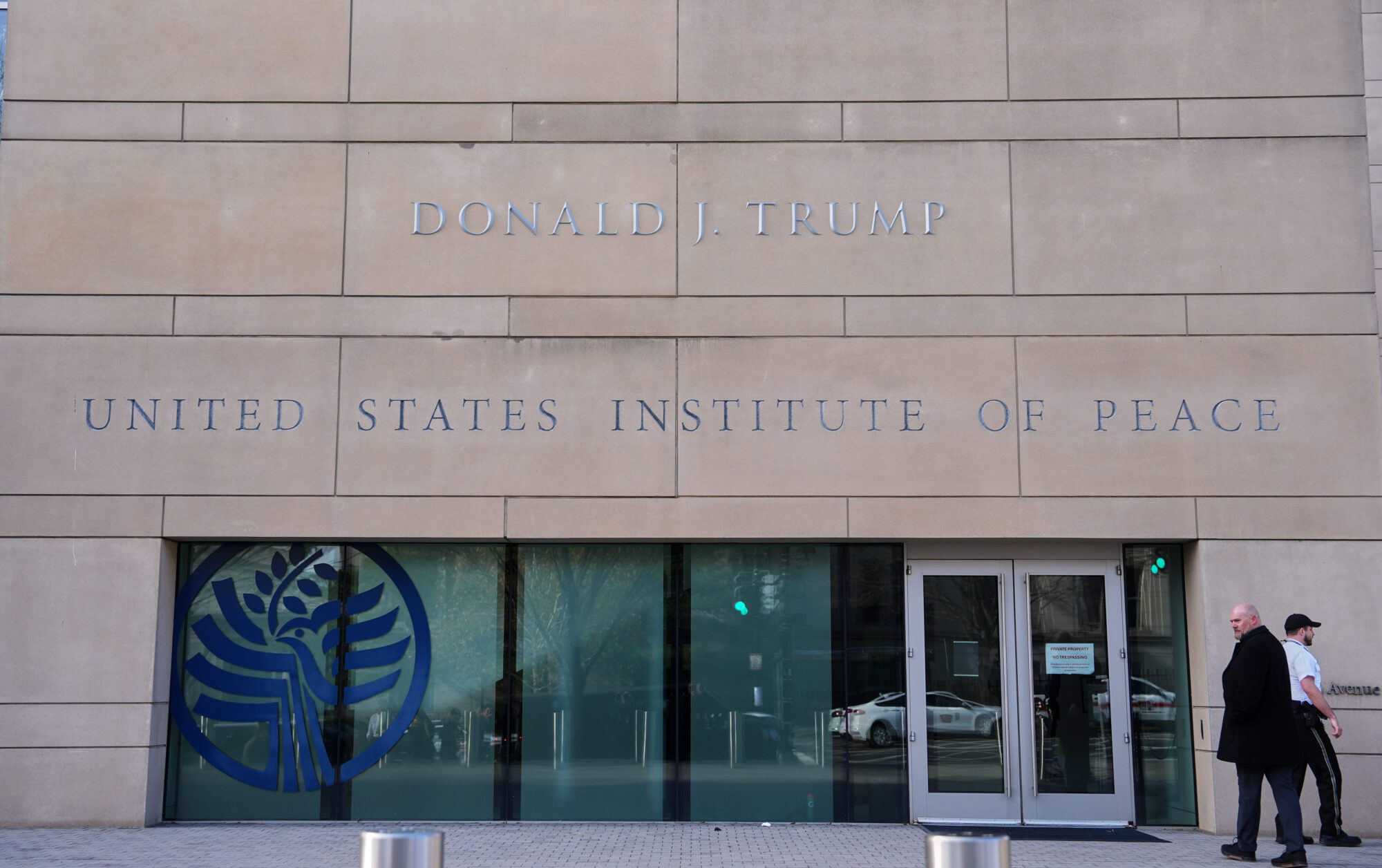
(Photo from Shutterstock)
- A decision from the high court is expected to have broad implications as Mississippi is among over a dozen states with similar laws.
The U.S. Supreme Court will decide whether Mississippi can uphold a COVID-era state law that allowed for ballots to be received and counted up to five days after an election. A decision from the high court is expected to have broad implications as Mississippi is among over a dozen states with similar laws.
Justices agreed to hear the Mississippi case after the Fifth Circuit Court of Appeals declined to rehear a previous ruling from a three-judge panel, maintaining the panel’s decision that Mississippi cannot count ballots that arrive after Election Day. The court sided with the plaintiffs – Republican National Committee, the Mississippi Republican Party, the Mississippi Libertarian Party and two private individuals – in affirming the prior decision, with ten judges voting to deny a rehearing and five voting in favor.
Attorneys for the state representing Secretary of State Michael Watson (R) and local election officials then asked the U.S. Supreme Court to overturn the lower court ruling and allow the state law to remain in place.
The matter began after the plaintiffs sued Harrison County election officials, along with Secretary Watson, in their official capacities, seeking an injunction against the 2020 mail-in ballot law based on the Election Law Clause of the U.S. Constitution. That clause gives Congress the authority to set the time for choosing the election of the president, senators, and members of the U.S. House of Representatives.
U.S. District Judge Louis Guirola Jr. initially dismissed the lawsuit, writing that the Mississippi law “is consistent with federal law and does not conflict with the Elections Clause, the Electors’ Clause, or the election-day statutes.” However, the three-judge panel at the Fifth Circuit overturned Judge Guirola’s ruling, noting that while states are empowered by Congress to conduct federal elections, federal laws preempt state regulation of elections.











